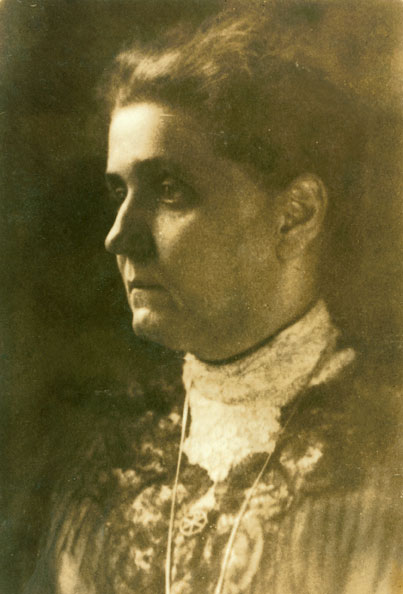The Cultural Evolution of Social Work

For more than a century, careers in social work have grown, evolved and adapted to address the needs of an increasingly diverse population. As social workers, we often speak of the importance of acknowledging and honoring a patient’s culture, and it is interesting to note that the social work profession has a unique culture of its own that has changed greatly through the decades.
In 1915, an invitational lecture at the National Conference of Charities and Corrections (the nation’s leading authority on professional education) was presented by Dr. Abraham Flexner, entitled “Is Social Work a Profession?” He asserted that the field of social work lacked specificity, technical skills and specialized knowledge and therefore could not be considered a profession. Since then, the practice of social work has evolved dramatically and now meets those same criteria as set forth by Dr. Flexner.
Modern social work now requires specific education and training based upon complex theories. Our ethics, values and best practices have been codified and ratified to form the backbone of a clearly delineated profession. However, it is the ever-changing culture of social work that continues to define the heart and soul of what we do.
Over the years, the culture of social work emerged from the synthesis of the roles played by charity workers, friendly visitors, rescue societies, asylums and settlement houses. It began with a shared desire to aid people in need, particularly the disenfranchised, and ultimately emerged as the realization that improvement in peoples’ lives requires not only individual change, but also changes within society. This culture, mission and movement have been passed down through the generations to modern day social workers.
So, why is it important to have and focus on our own cultural identity as a profession?
Just as with other cultures, our cultural identity guides our practice and provides us with interconnected support, pride and motivation. The other key pillars of our profession (training, education and ethics) provide us with guidance on how to do our work, but it is our culture and heritage, which provide us with the why.
Through stories passed down to us from our leaders and founders, such as Mary Richmond and Jane Addams, we know who we are. They had a mission from which they did not waiver, and neither shall we in our commitment to carry it forward for the betterment of our clients, ourselves, each other and, ultimately, our society.
Wayne earned his BSW at George Mason University, and his MSW at West Virginia University. Although a native of Northern Virginia, he has worked as a social worker in Washington, DC, West Virginia, Kentucky and South Carolina. After earning his BSW at George Mason University, his work focused on providing case management services to homeless persons suffering from severe and persistent mental illness. Then, with a MSW from West Virginia University in hand, his focused turned to providing outpatient mental health counseling and school based mental health services. He is now proud to help launch the careers of other social workers through his work in University of Southern California’s Virtual Academic Center admissions office.


